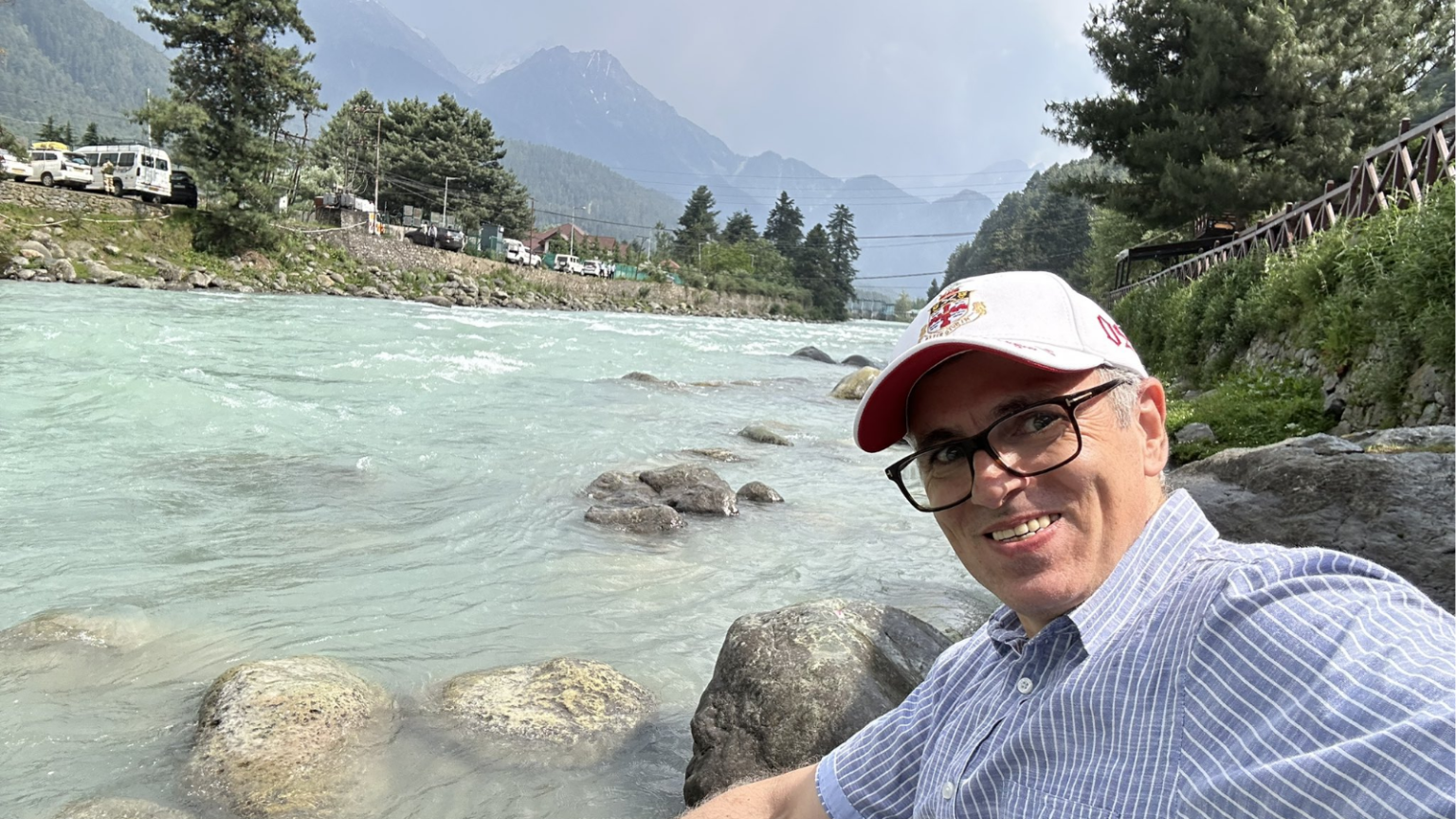Tourism in Jammu and Kashmir, which is a key economic means for the union territory, took a severe hit after the attack as tourists fled the region. A month after a terror attack in Jammu and Kashmir’s Pahalgam killed 26 people, chief minister Omar Abdullah chaired a meeting in the region as part of an attempt to revive tourism.
This meeting in Pahalgam also marks the first time a cabinet meeting has been held outside the capital of Srinagar or Jammu. Following the terror attack in Pahalgam, tourism in Jammu and Kashmir, which is a key economic means for the union territory, took a severe hit as tourists fled the region.
Speaking at a press conference, the J&K chief minister called for an increase in tourism.
“We want the world to look at Jammu & Kashmir’s tourism as an economic activity. We have to take steps with caution, but we will try to ensure that tourism begins in Kashmir and the valley soon. The last 5-6 weeks have been tough for the nation, but J&K has paid the highest price. The government of J&K will decide what steps we need to take to overcome this situation,” the JKNC leader said.
Adding that tourism should be a “conflict-neutral” activity, Abdullah shared that the state government conducted security audits in the region after the attack in the Baisaran meadows. Based on this audit, certain places are ready to be reopened.
On April 22, four-six terrorists opened fire at a group of tourists in Baisaran meadows in Pahalgam. The terror attack, which was considered to be one of the deadliest in the valley since the 2019 Pulwama attack, triggered a stand-off between India and Pakistan.
In response to the Pahalgam attack, India launched a military strike under Operation Sindoor, which targeted nine terror camps across Pakistan and Pakistan-occupied Kashmir. The military operation resulted in retaliatory drone and missile attacks from Pakistan across northern and western states in India.



